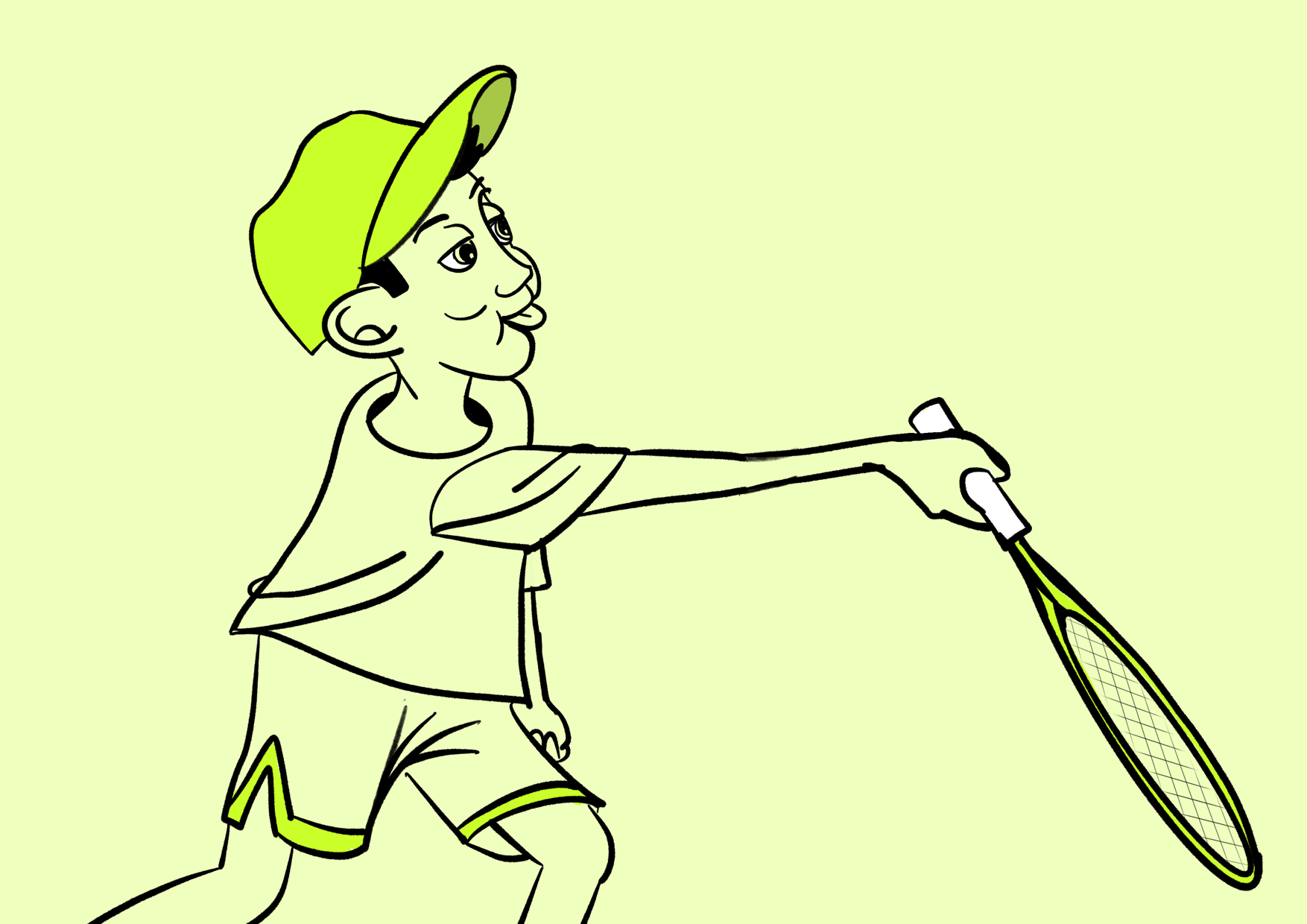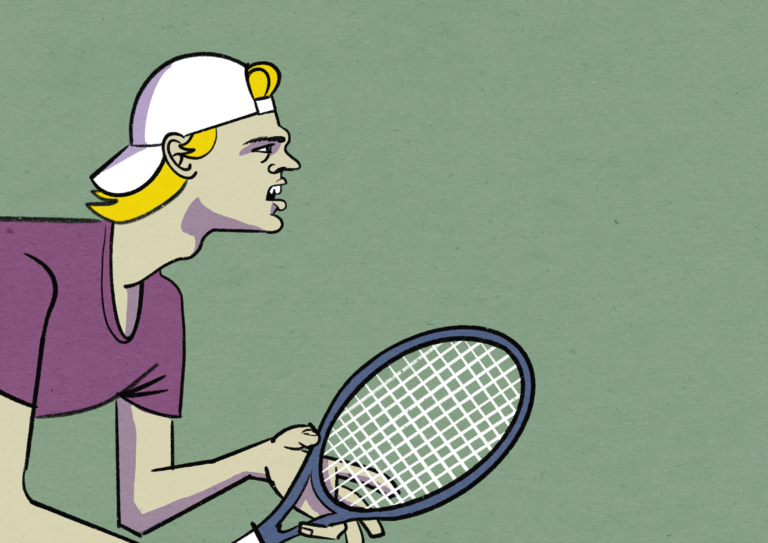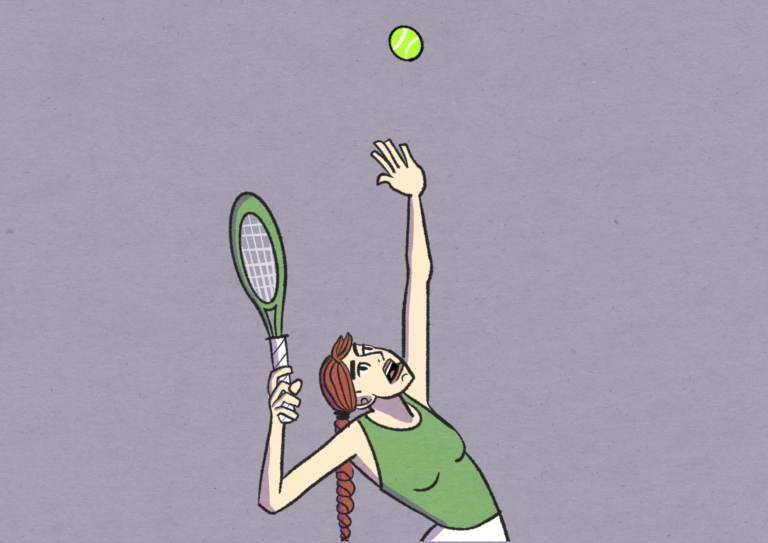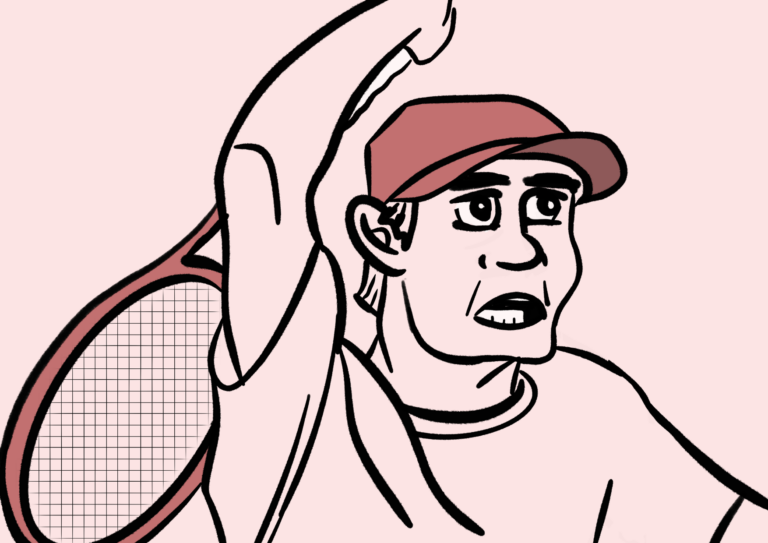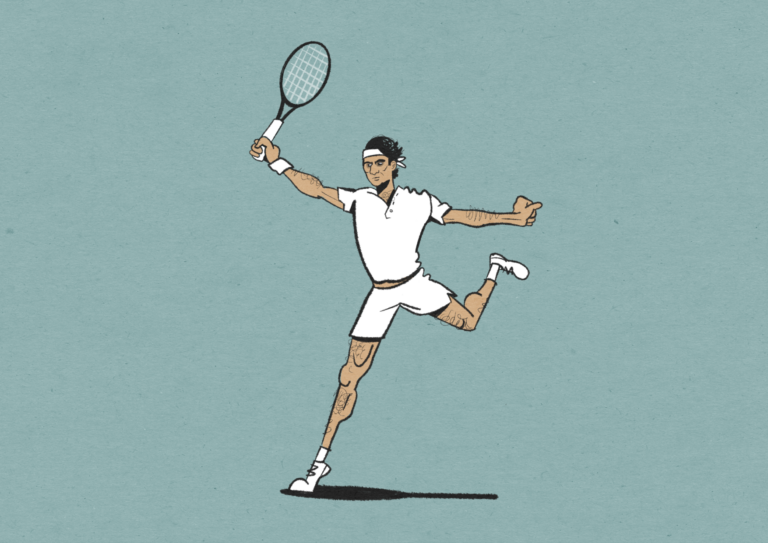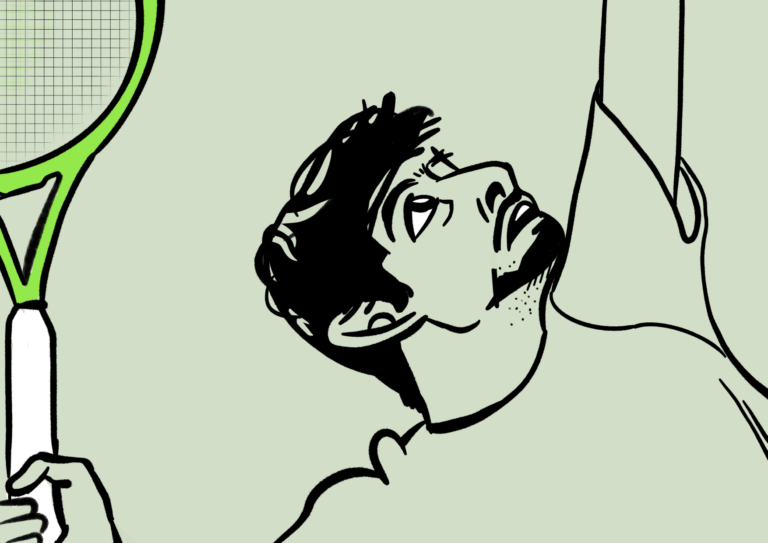What’s the Best Age to Begin Tennis Training?
With tennis growing rapidly among young people, parents are eager to get their kids on the court. The question is, what age to begin playing tennis? You don’t want your child to start so early that their training and practice is forgotten soon. On the other hand, you don’t want your child to start too late, when everyone is already steps ahead. At the end of the day, it’s about determining your athletic and personal objectives, whether you want tennis to be for recreation, socialization, competition, or anything in between. Read this article to learn more about when you should start playing arguably the most enjoyable, worthwhile sport–tennis.
How should you decide what age you or your child should start tennis?
Whether you’re in your sixties searching for a new hobby or the parent of a young one, you’re May be thinking about what age makes the most sense to start playing. Is it ever too late? Too early? Deciding for yourself and for your child are two completely different things. Learn when the best time to start tennis is on a personal level and for your child.
Factors to Consider for Your Child
Parents want what’s best for their child, and as they grow both mentally and physically, making sure the child has outlets for recreation and competition is important to developmental success. In fact, by having your kid play tennis from a young age, you’re setting them up to learn life skills. But understand that every player is different and there is no one-size-fits all when it comes to the right age to begin playing tennis.
Enjoyment
One question to ask yourself is whether you’re interested in tennis or your child is. Yes, it’s great to have your child explore new athletic activities and to challenge himself or herself, but be sure that tennis is something that would appeal to your child. Are they more drawn to other sports, such as football or soccer? Or, based on your child’s other interests, do you think they would like tennis? If they are showing interest in tennis from a young age, then have them start playing! This can be from the age of three, four, five, and up. If you start seeing interest, then the age to begin playing tennis is now.
Abilities and physicality
In terms of holding a racquet and having the hand-eye coordination to play, four-years-old is the recommended age to start tennis lessons, but not ever kid is the same. Although children might like messing around with tennis balls and kids racquets at a young age, four is when kids start to possess the motor coordination required to actually hit a ball. Now, if your kid is a “late bloomer”, don’t force it! Expose them to the sport, but don’t force it if it seems like their coordination skills aren’t there yet.
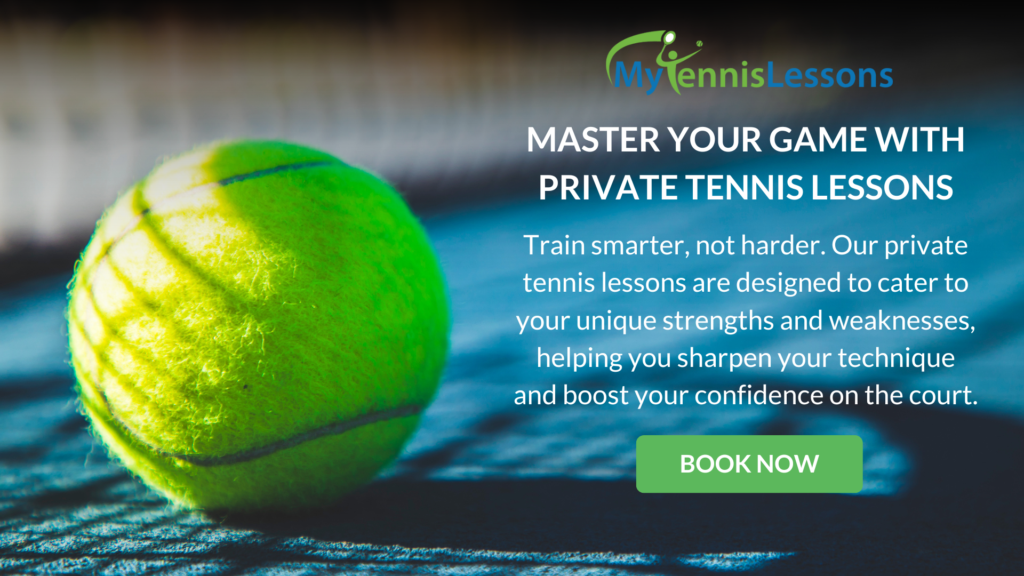
Intentions
What are your intentions for getting your child involved? Do they seem to possess unique athletic abilities for their age and you want them to seriously learn the sport? Do you just want your child to have an enjoyable experience? Do you want to expose your child to sports? All of this plays a role in deciding what age to engage your child in tennis. If you want your child to be a serious competitor, they should be playing around the age of 6, because the juniors competition cycle begins around the age of 8. However, none of this is a “one size fits all” rule. It is important to realize and recognize that tennis isn’t for everyone and like all new things, hurdles to overcome and conquer.
Commitment
When deciding whether you or your child should play tennis, keep in mind it is a time investment. It takes work! You can’t play chess one time and expect to be a master the next day. Tennis is like anything in life, and to achieve a new level of skill, you have to dedicate time. This is an important factor when thinking about playing yourself or getting your child to start playing. Do they have the discipline to play routinely and not just once in a blue moon? Or, do you care more about having fun and not necessarily reaching a high level? For your child, if you want them to see progress in their game, make sure you’re willing to be there for them. Learning tennis can be challenging yet super rewarding as a child. As a parent, make sure you’re there for them and ready to help them in a sport that, regardless of your child’s talent, takes a while to get the hang of.
Life Lessons
Tennis teaches so many skills that go beyond the court for its players. Even with something as simple as having to be honorable when calling the ball in or out, or trying to keep your cool when you’re not playing your best, tennis teaches a child life lessons that are applicable regardless of their age. As they start to play tennis, they’ll meet new people and learn new ways of handling stress that comes with winning or losing. These are important social and mental skills for a young person to develop.
Factors to Consider For Yourself
Are you a young adult or grown adult looking for fun? A competitive athlete? Are there tennis benefits you may not even be thinking of? Or you just want to try out the fourth most popular sport in the world? Well, tennis is ready for you anytime. There are some factors to consider before you start playing though.
Logistics
Between finding people at the same skill level, a coach that perfectly fits your needs, a court location that is nearby and not busy, and the analysis paralysis that comes with buying gear, you want to be sure you have all the facts. It’s not as simple as buying a racquet and a few balls and heading over to the local courts. You need a plan that fits you and the current moment in your life if you are serious about getting into tennis.
Intentions
What are your intentions as you start playing? Are you looking for a fun way to spend your weekends or do you want to get competitive as soon as possible? Before you start playing, consider what your goals are to help guide your tennis journey. And, if you don’t know for sure, that’s perfectly okay, too!
Financial Investment
Certainly keep in mind that, depending on where you live, there are many costs associated with the sport–court time, coaching, leagues, racquets, grips, and strings are just a few. If you want to dive completely into tennis, be mindful that there are many ongoing costs. Like many hobbies, there is no one-time fee unfortunately. However, don’t fret about the financial component of tennis! If you’re interested in the sport and eager to play, there are many ways to work around the cost like buying used racquets, playing on public courts, and joining free social leagues.
Tips for Parents
Ease into it
Keep in mind that you can introduce your child to the sport slowly. If they are aged three or four, you can get a noodle from a pool and cut it up to make a fake racquet ( a short noodle rod), and cut a tiny, donut-shaped sliver of the noodle to be like the ball. In your living room, practice with your child, having them hold the noodle rod with you, the parent, tossing the noodle donut to see if they can hit it or are even interested by the concept of hitting a ball with a racquet. This way, you can gauge whether there’s excitement or interest without buying all the proper tennis gear.
Positivity
The most important thing to inspire and motivate your kid is welcoming, positive words. Tell them they did well! Create a positive, not-hostile environment around the sport to keep your child motivated and interested in a sport that can seem very technical and difficult at times.
Attentiveness
Once your child starts playing, watch! One idea is to sign your child up for one lesson and see where it goes from there. Do they seem interested? If you’re watching from the bleachers or nearby, check and see if your child seems like they’re listening to the instructor. Does your child seem engaged, or like they would rather be playing with anything else? This is an important step to see if it’s the right time to get your kid involved in playing tennis.

